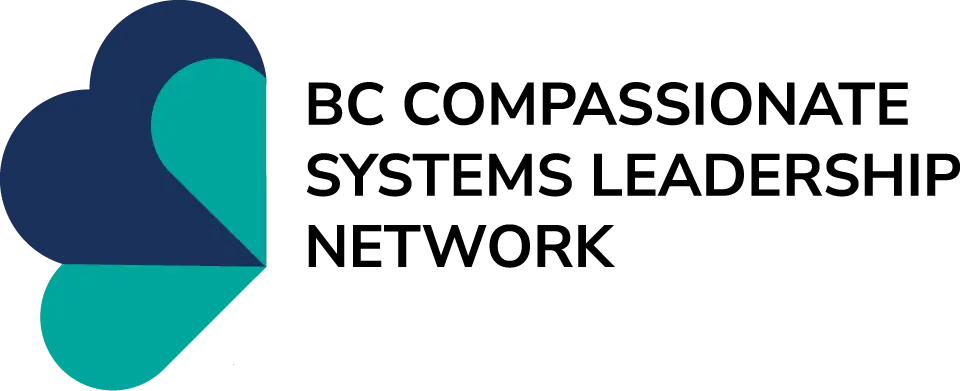Core Concept
Systems Thinking
Children’s developmental outcomes are shaped by a complex web of experiences across multiple environments. To design systems that best support children and families, we must adopt an approach that accounts for this complexity. Systems thinking helps us understand complex systems by exploring the relationships and interactions between their components, rather than viewing them in isolation. This approach provides deeper insights into complex problems and enables the development of more effective, long-term solutions.
Essential Qualities of Complex Systems
To more fully understand complex systems, we need to look at their essential qualities and particularly how systems thinking differs from more traditional analytical methods for understanding outcomes. These qualities and characteristics are outlined below.
Circularity
Systems are dynamic and will change over time, in non-linear ways.
Interconnectedness
Relationships and interdependencies within the system create changes in one part that can affect the whole.
Holistic
Understanding system behaviour needs to look at the whole; a system is more than just a sum of its parts.
Emergence
The interaction between components of the system will emerge, sometimes unexpected, systemic patterns and behaviours.
Synthesis
Analysis breaks things down into individual parts, while synthesis combines ideas and information to reveal patterns.
Relationships
Understanding systems requires that we focus on the relationship between the parts, not the parts in isolation.
Shifting Towards System Thinking
Applying a systems thinking lens requires that we shift from patterns of more conventional thinking. David Stroh’s table below articulates differences that emerge between conventional and systems thinking.
Conventional Thinking
vs
Systems Thinking
Conventional
The connection between problems and their causes is obvious and easy to trace.
Systems
The relationship between problems and their causes is indirect and not obvious.
Conventional
In order to optimize the whole, we must optimize the parts.
Systems
In order to optimize the whole we must improve the relationships between the parts.
Conventional
An intervention designed to achieve short term success will also assure long-term success.
Systems
Most quick fixes have unintended consequences. They make no difference or can make matters worse in the long run.
Conventional
Other people and events are to blame for the problems and must be changed.
Systems
Other people and events are to blame for the problems and must be changed.
Tools
Suggested Resources
Website
Systems Thinking and The Gap Between Aspirations and Performance
Garrison Institute
Slide Deck
SEY2KT Learning Community - Feb 2025



